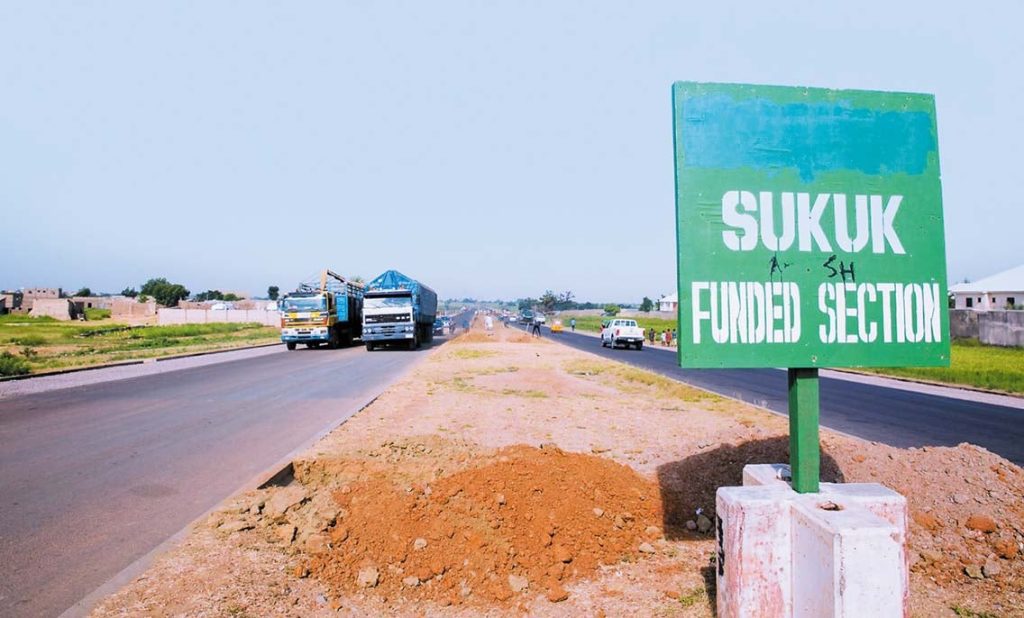Sukuk: Transforming African Public Financing

Sukuk, an Islamic debt instrument that generates returns for investors instead of interest, is reshaping African public fundraising. More African nations are turning to sukuk to bridge infrastructure and financing gaps, with key economies leveraging international markets for sukuk issuances.
A sukuk operates under Islamic financial principles, following sharia law. Unlike traditional bonds, sukuk issuers sell certificates to investors, using the funds to acquire assets and then repay investors from the asset returns.
Sovereign debt poses challenges for countries worldwide, including Africa, due to high debt servicing costs driven by exaggerated risk perceptions. However, African sukuk issuance is evolving, reflecting a ‘Made in Africa’ approach that could serve as a model for similar issuers.
In June 2025, Egypt raised $1bn through a leasing sukuk underwritten by Kuwait Finance House (KFH), signaling an innovative financing strategy that avoids typical costs associated with sukuk issuances.
Egypt plans further sukuk tranches over the next three years, aiming to address budgetary gaps and reduce external debts. On the other hand, Nigeria focuses on naira-denominated sukuk for infrastructure projects, showing a commitment to fiscal development.
The success of Nigerian sukuk issuance is evident in its significant oversubscription rates and broad investor base, supporting infrastructure projects and financial inclusion goals.
Algeria and Morocco are also embracing sukuk, with Algeria moving towards its debut issuance in line with the country’s financial development plans, and Morocco preparing for its second sovereign sukuk.
This surge in sukuk adoption across Africa signifies a shift towards innovative and inclusive financing mechanisms that aim to drive economic growth.




